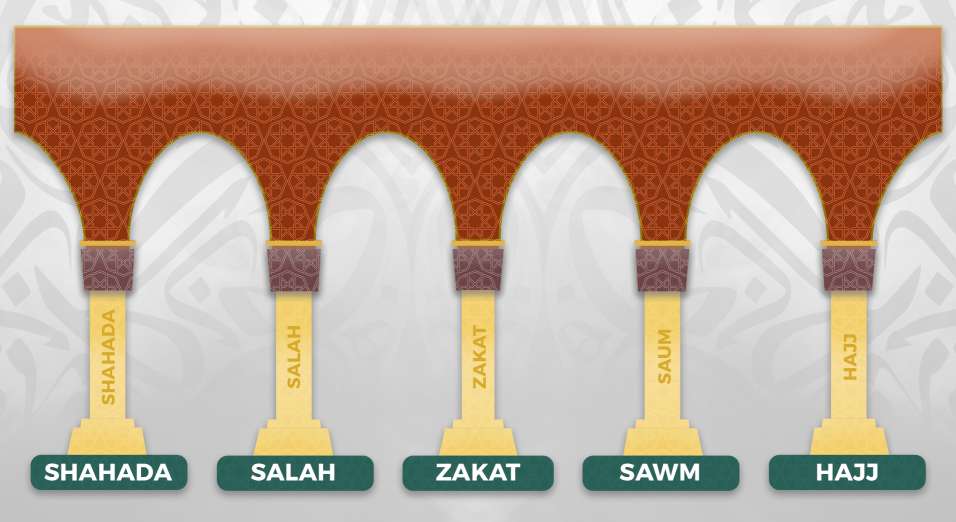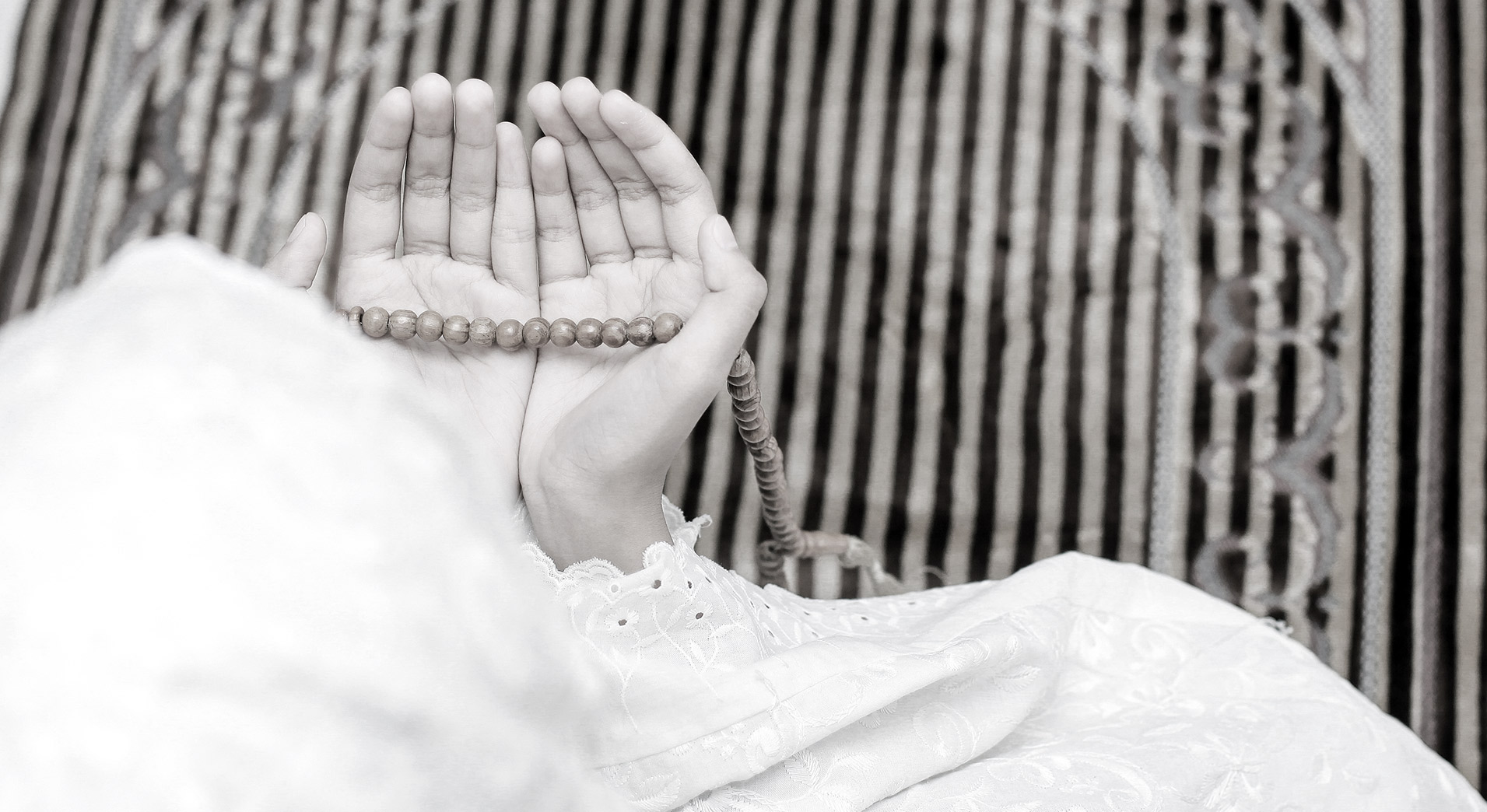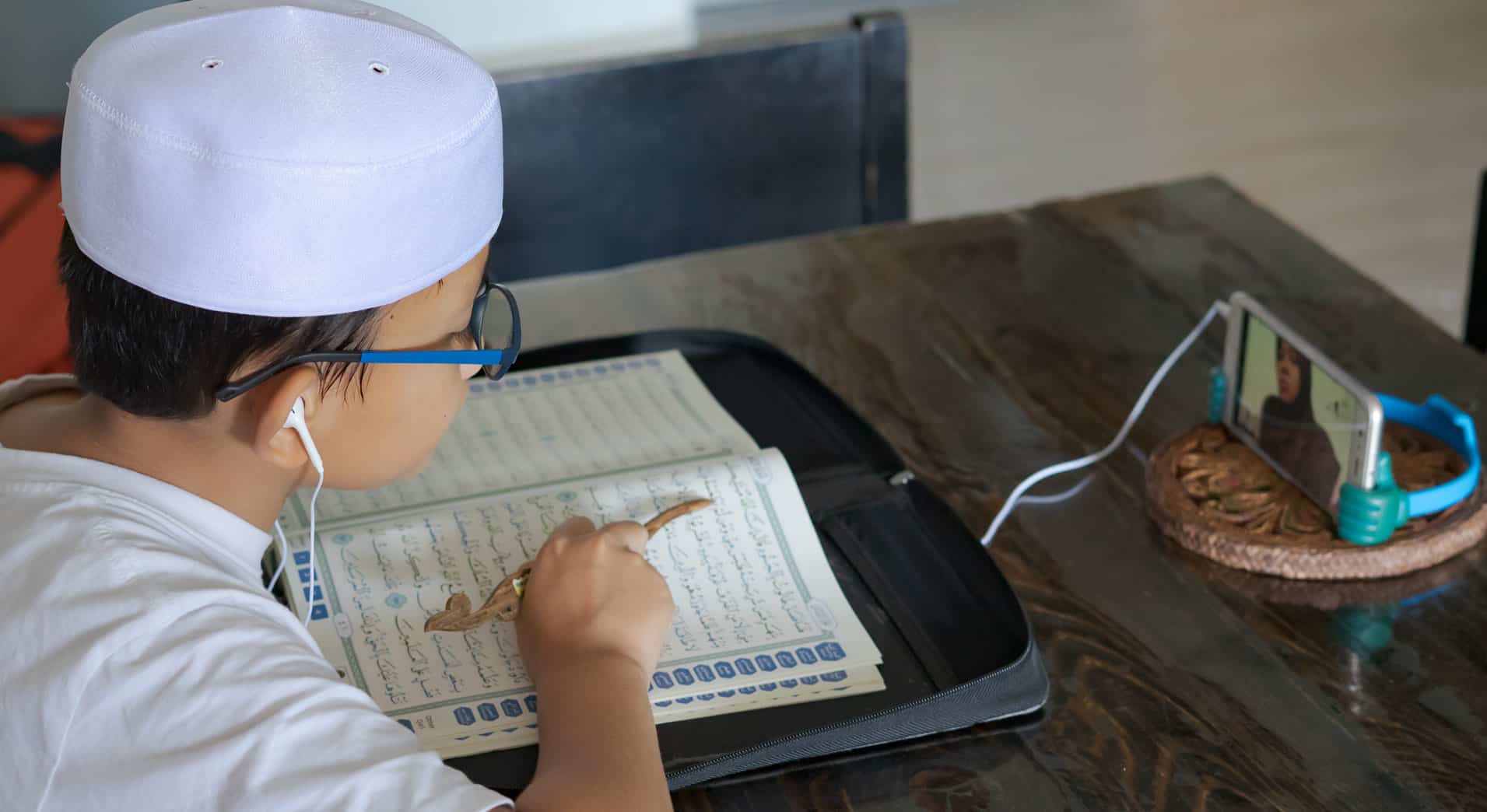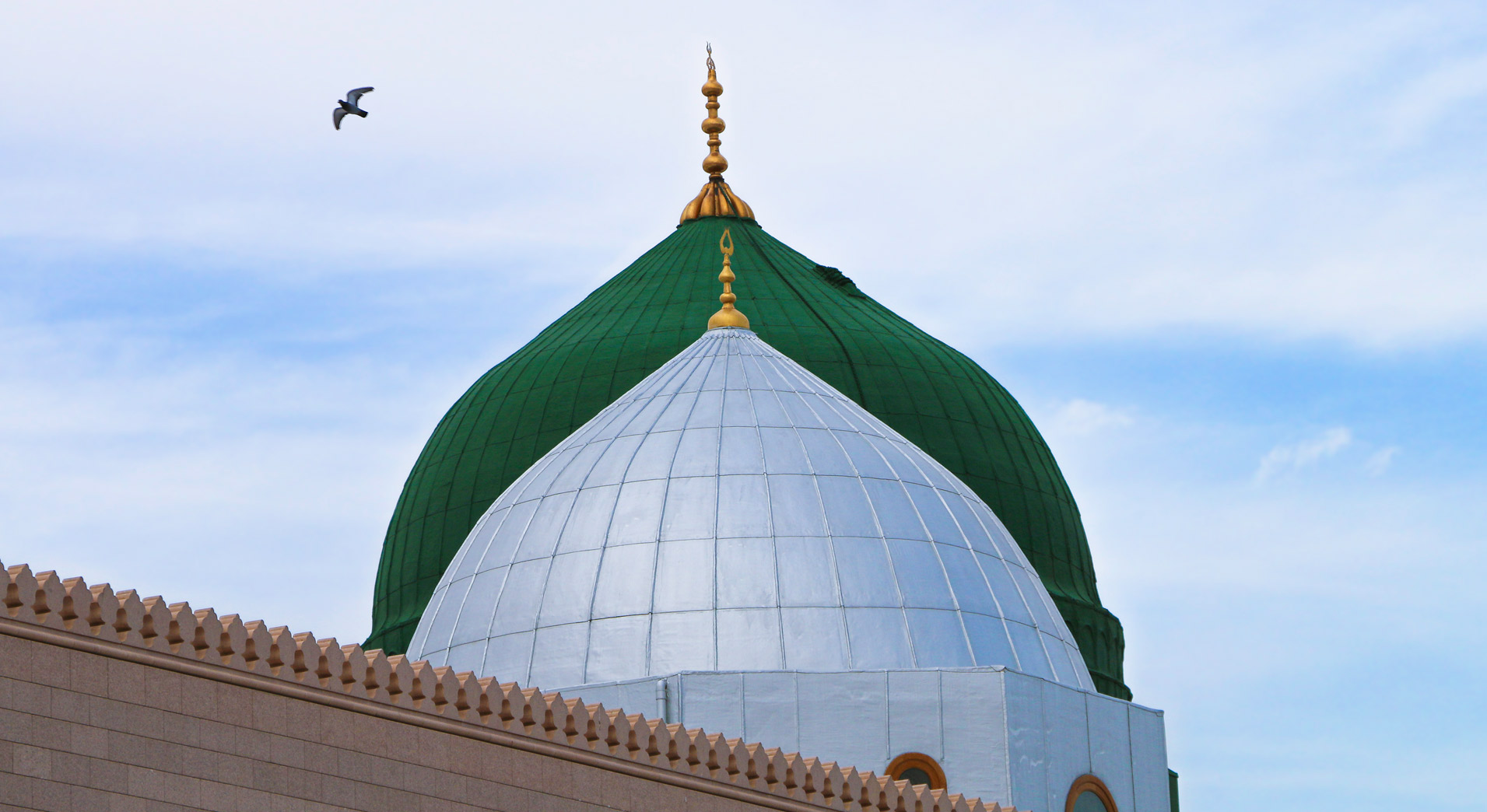The foundation of Islam is laid on five basic principles.
These five principles are obligatory for every Muslim. If you want to practice Islam in real terms then you should follow these fundamental principles of Islam. Let’s discuss in detail the five pillars of Islam. The five pillars, the foundation of Islam is based on are:
- Shahada (Declaration of faith)
- Salah (Prayer)
- Zakat (Almsgiving)
- Sawm (Fasting)
- Hajj (pilgrimage)
1.SHAHADA (DECLARATION OF FAITH)
In easy words Shahada refers to the statement which declares that there is no GOD except ALLAH and Hazrat Muhammad (PBUH) is the last prophet of ALLAH.
For becoming a Muslim accepting these two things by heart is mandatory because those who believe in Islam must have a strong faith in the oneness of Allah that He is the only God and he is the superior. He is the one who has created everything in this world and he is the one to whom we shall return.
There is no one equal to Him. Another element of Shahahda is to believe in the prophethood of Hazrat Muahmmad (PBUH) and to strongly believe that he is the last prophet sent by ALLAH for the guidance of human beings and now there will be no prophet after him. Shahada is the first and the foremost principle of Islam. It is the first thing recited in the ears of a Muslim child when he is born and last thing a Muslim wish to recite at the time of his death.
2.SALAH (PRAYERS)
The second pillar of Islam is Salah (Prayer). When Hazrat Muhammad (PBUH) went on Mai’raj to meet ALLAH (SWT) he was given the gift of Salah (Prayers) for himself and for the people who follow him. Initially Hazrat Muhammad (PBUH) was given 50
Salahs as a gift by ALLAH (SWT) but he knew that Muslims won’t be able to pray this much so Hazrat Muhammad (PBUH) requested ALLAH (SWT) to decrease the number of Salahs so that the people can easily perform it .
ALLAH (SWT) on the request of Hazrat Muhammad (PBUH) then declared 5 salahs as obligatory prayers for every Muslims.
The five obligatory prayers are Fajar, Zuhar, Asar, Maghrib and Ishaa. These five prayers have to be performed daily by every Muslim. Five times the Azaan is called to remind Muslims to perform their Salah. Men go to mosques to perform their prayers while women are not obliged to do so they can perform their prayers at their homes.
The Holy Prophet (PBUH) said:
“Hold on to your Salahs, because if you lose that you will lose everything else”
3.ZAKAT (ALMSGIVING)
Zakat is the certain amount of money donated as charity each year by every well off and capable Muslim. The Muslims are obliged to pay Zakat so that money can be reached to the needy people of the society and they can also fulfil their needs and requirements.
Zakat is the purification of money. With Zakat you can help the people who are in need and have no means of income or have very less income. Zakat is the third most important principle of Islam and those who don’t pay Zakat even though they are capable enough will face severe punishment at the Day of Judgment.
The Holy Quran says:
Take from their wealth a ‘charitable offering’ to cleanse them and purify them thereby (Sûrat Al-Tawbah, 9:60).
4.SAWM (FASTING)
All healthy and adult Muslims are obliged to fast daily in Ramadan which is the ninth month of Islamic calendar. Muslims don’t eat or drink anything from sunrise to sunset. The main objective of fasting is to show gratitude to Allah for all his blessings.
Fasting also teaches Muslim about patience and to be thankful and to feel the pain of those who don’t have enough to eat and drink. While fasting in Ramadan, Muslims also try their level best to save themselves from sins and indulge themselves in positive deeds to attain the pleasure of ALLAH (SWT).
ALLAH (SWT) says:
“O you who believe, fasting is prescribed for you as it was prescribed for those before you, that you may develop God-consciousness.” (Quran 2:183).
5.HAJJ (PILGRIMAGE)
This is the fifth pillar of Islam. Hajj refers to the Holy pilgrimage to Makkah. Every Muslim who is financially and physically capable is obliged to perform Hajj at least once in lifetime. Hajj is performed in the last month of Islamic year i.e. the month of Zil Hajj. HAJJ is a way of showing that every Muslim irrespective of its color, race, status and cast is equal in front of ALLAH. No one has any superiority over another.
The Hajj takes place from the 8th to the 12th day of Zil Hajj, the 12th and last month of the Islamic calendar. Every Muslim is required to do this voyage at least once in their lives since it is a spiritual experience that allows you to get closer to Allah SWT.
 0203-002-6366
0203-002-6366
 1-212-381-1055
1-212-381-1055 61-3-8820-5043
61-3-8820-5043  021-111-279-111
021-111-279-111




